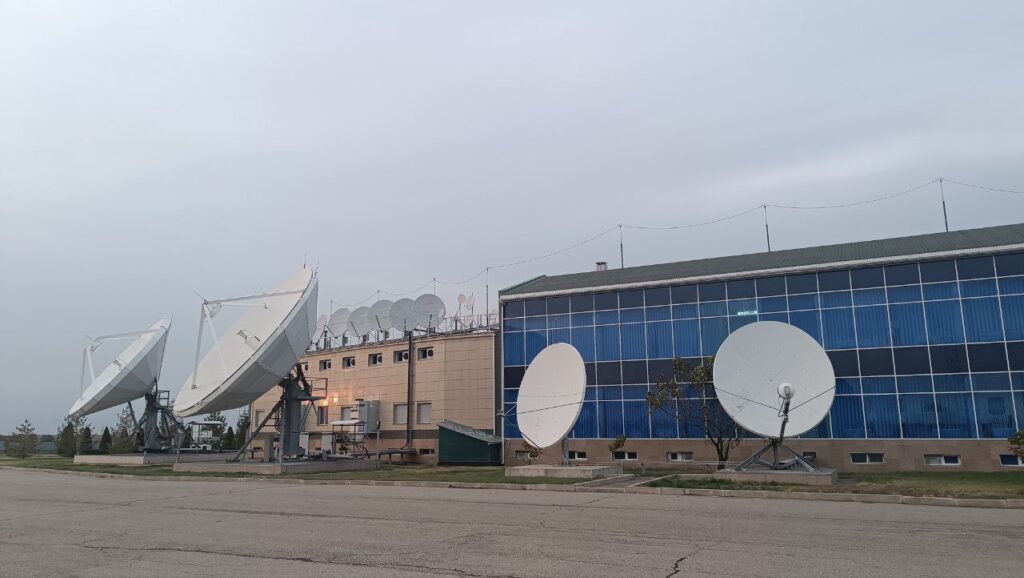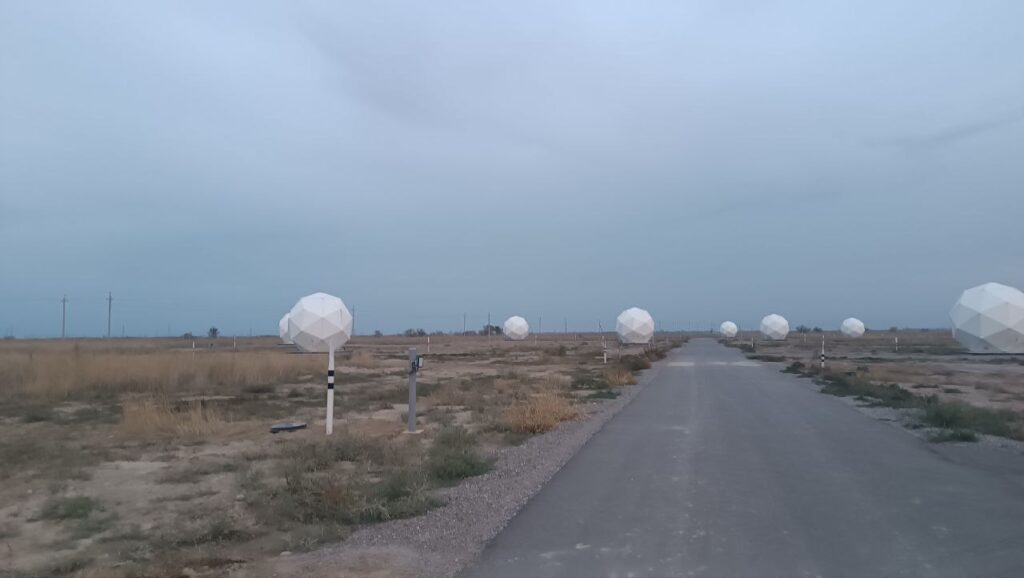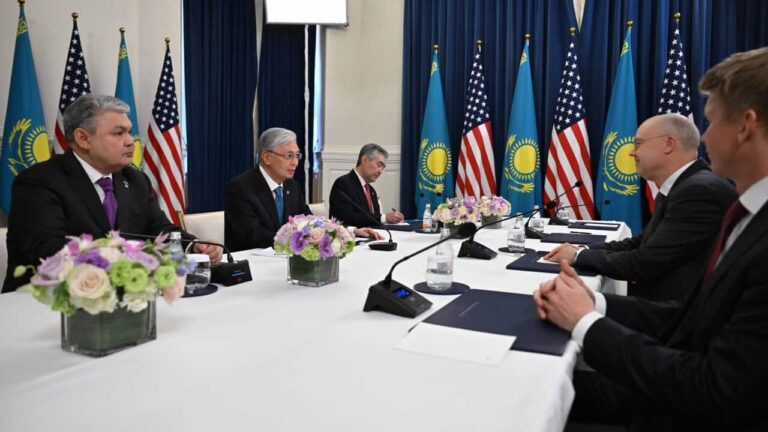
A new satellite internet service from Eutelsat OneWeb (a joint company of the UK and France) is set to begin operating in Kazakhstan next year. According to Digital Minister Zhaslan Madiyev, this new provider will ensure that people living in remote areas gain access to a high-speed internet connection.
The Kokterek Center of Space Communication, located in the Almaty region, has already tested the technology. Madiyev announced that residents of more than 300 villages currently lack access to quality internet services in Kazakhstan, and the new provider is expected to improve this situation. However, he did not clarify whether the cost of mobile internet would increase, noting that this question should be directed to telecommunications operators.
According to Madiyev, the new technology will boost speeds to 50 megabits per second, even though an internet speed of over 10 megabits per second is already considered comfortable for users.

«These facilities serve as a gateway. Inside the domes are dishes that receive and send signals to satellites. There are 17 dishes installed at different angles, depending on satellite locations, which enable the satellite internet to function,» Madiyev explained when discussing the tested facilities.
The minister also noted that the new internet service will be available not only to Kazakhstani citizens but also to people in other Central Asian countries, the Caucasus, Afghanistan and some other regions. As a result, Astana could become a regional hub, Madiyev highlighted.
The new satellite internet is expected to launch in January 2025. The service will be provided by Eutelsat OneWeb, a company formed in 2023 following the merger of French Eutelsat and British OneWeb. The company will work with large businesses and public agencies, including Tengizchevroil, Kcell, Tele2, QazaqGas and the Ministry of Emergency Situations, rather than serving individual customers.
In May, President Kassym-Jomart Tokayev signed a law authorizing the use of satellite internet from American StarLink, owned by billionaire Elon Musk, and OneWeb. This law established the legal framework for introducing StarLink and OneWeb technologies, which will operate in a pilot program until January 2026.
StarLink internet is already in use in rural schools across Kazakhstan. The Digital Ministry noted that providing satellite internet to 2,000 schools would cost Kazakhstan $5 million, with each StarLink terminal priced at $2,500 and a monthly subscription fee of $290. Earlier this year, the ministry also revealed that Amazon’s Kuiper, another satellite internet provider, would begin operations in Kazakhstan in 2026.













